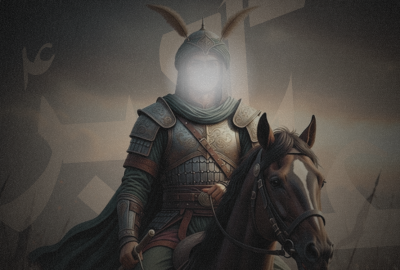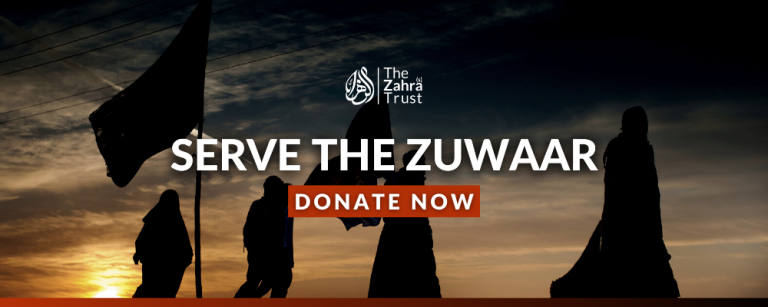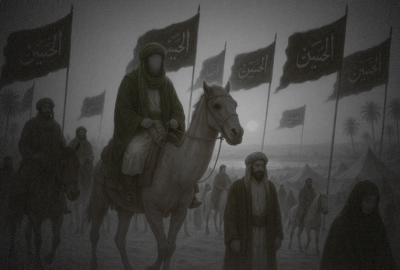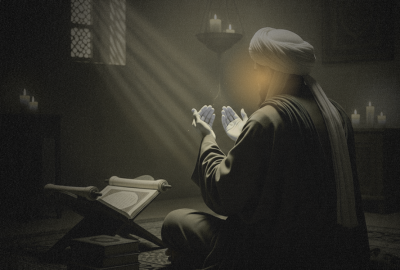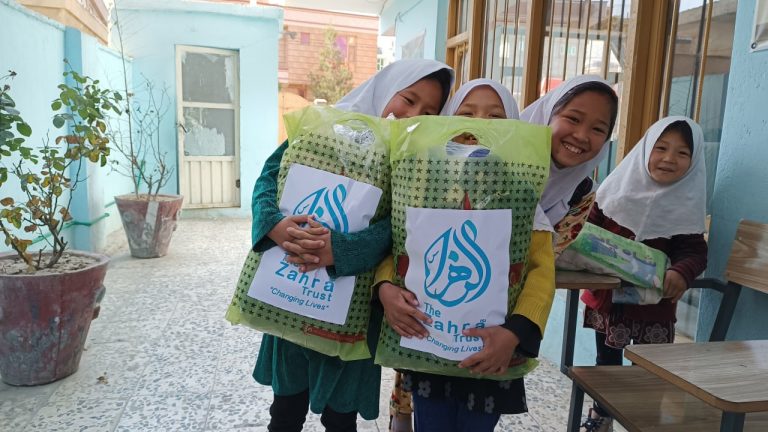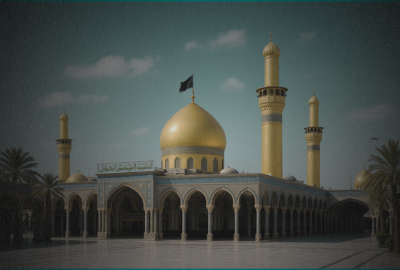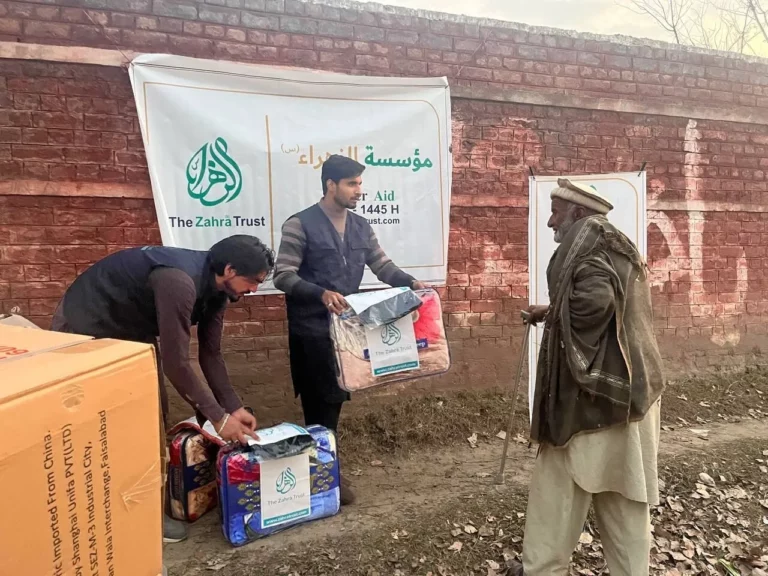Ali Al-Akbar (as): The Mirror of Prophet Muhammad (saww)
He looked like the Prophet. He spoke like the Prophet. He stood for the same truth as the Prophet.
And on the Day of Ashura, Ali Al-Akbar (as) died for it.
The Face of Ahlulbayt (as)
Ali Al-Akbar (as) wasn’t just the son of Imam Hussain (as) – he was a living reminder of the Prophet Muhammad (saww).
As Imam Hussain (as) once said:
“Whenever we missed seeing the Prophet, we would look at Ali Al-Akbar.”
Ali Al-Akbar (as) was the embodiment of faith and righteousness. A true representative of the Ahlulbayt (as), raised in the home of purity but destined for martyrdom.
A Brave Warrior of Karbala
When the call to defend truth and justice, Ali Al-Akbar (as) was one of the first to respond.
He sought permission from his father to join in the Battle of Karbala. Imam Hussain (as) looked upon his son – the very image of his grandfather, the Prophet (saww) – knowing what awaited him.
But Imam Hussain (as) did not deny him. With a heavy heart, he allowed his son to go to battle.
Ali Al-Akbar (as) rode into the Battle of Karbala with courage, fighting not only for his holy family but for all those who would ever face injustice.
Read more about the Battle of Karbala here.
A Cry That Reached the Prophet (saww)
After fierce fighting, Ali Al-Akbar (as) was wounded beyond measure.
With his final breath, he called out:
Imam Hussain (as) ran to his son and wept.
“Now your grandfather has welcomed you, my son,” the Imam (as) whispered.
Ali Al-Akbar (as) was martyred on the land of Karbala – a part of a noble legacy of honor and justice that is still remembered today.
The Legacy of Ali Al-Akbar (as)
Ali Al-Akbar (as) continues to inspire hearts across generations.
His story is not just a historical moment – it’s a living example of how we must respond to injustice today.
Let your remembrance become action.
Keep the message of Karbala alive through long-term, life-changing projects.
Your contribution builds a lasting legacy of Karbala for generations to come.
Frequently Asked Questions (FAQs)
Ali Al-Akbar (as) was the son of Imam Hussain (as) and the great-grandson of Prophet Muhammad (saww). Known for his striking resemblance to the Prophet (saww) in appearance and character, he stood as a symbol of faith, truth, and courage on the Day of Ashura.
Ali Al-Akbar (as) was one of the first to seek permission from Imam Hussain (as) to fight in the Battle of Karbala. His bravery, sacrifice, and resemblance to the Prophet (saww) made his martyrdom especially heartbreaking and spiritually significant for the Ahlulbayt (as) and their followers.
Ali Al-Akbar (as) called out in his final moments: “O Father, peace be upon you. Here is my grandfather, the Messenger of Allah, giving me drink from the cup of Paradise.” These words reflect his vision of the afterlife and the deep spiritual connection he held with the Prophet (saww).
Ali Al-Akbar (as) is remembered as the youthful martyr of Karbala and a reflection of the Prophet (saww). His legacy is honored during Muharram, especially on the Day of Ashura, through mourning, recitation of poetry (latmiyyat and marsiyas), and reflections on his sacrifice.
You can honor his legacy by supporting charitable efforts that uphold the values he died for: dignity, justice, and care for the oppressed. This includes contributing to:
- Building masjids
- Providing clean water through wells
- Funding orphan housing projects
- Supporting health and sanitation infrastructure
These acts turn remembrance into a living legacy of Karbala.


